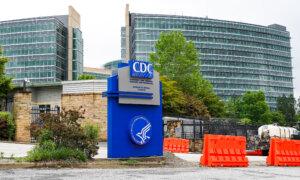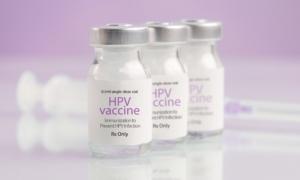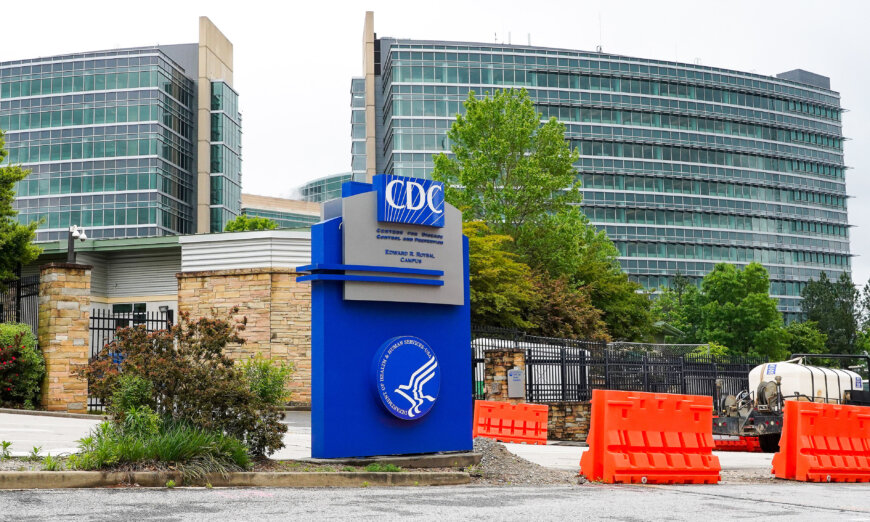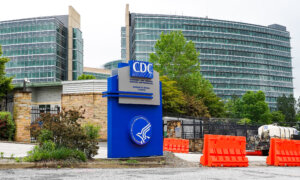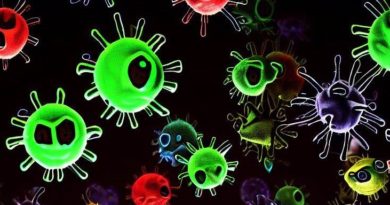CDC Warns People With HIV Have a Higher COVID-19 Reinfection Chance
People with HIV have a higher chance of being reinfected with COVID-19, the CDC says.
The U.S. Centers for Disease Control and Prevention (CDC) found that people with HIV have a higher chance of being reinfected with COVID-19 than those who don’t have HIV.
A recent CDC study published in Emerging Infectious Diseases evaluated 453,587 adults in Chicago who were infected with COVID-19. They then looked at the COVID-19 testing results with Chicago’s AIDS and HIV reporting system.
They found that 5.3 percent of people who tested positive for COVID-19 were reinfected, including 6.7 percent of people with HIV and 5.2 percent of people without HIV.
Regardless of the COVID-19 variant wave and timing, people with HIV consistently had a higher rate of reinfection than those who don’t have HIV, the CDC said.
“Understanding if persons with HIV have a higher risk for SARS-CoV-2 reinfection may help tailor future COVID-19 public health guidance,” the authors wrote before recommending vaccines and boosters.
Health officials say HIV, or human immunodeficiency virus, can weaken the immune system by infecting CD4 cells, which causes one’s white blood cell count to drop. The attacks on the immune system can lead to AIDS, or acquired immunodeficiency syndrome.
A number of studies have shown that people who have compromised immune systems are more susceptible to COVID-19.
“Evaluating the association between HIV infection and SARS-CoV-2 reinfections using surveillance data can help strengthen public health recommendations, including the need for extra doses as part of a primary series, booster doses of vaccine, and optimized [antiretroviral therapy] in [persons with HIV],” the authors wrote. “Tailored guidance and prevention messaging for [persons with HIV] can help reduce the elevated risk we identified in this analysis and limit continued SARS-CoV-2 transmission.”
Vaccine Uptake Low
The publication of the new CDC HIV and COVID-19 study comes as agency data shows that few Americans have received the latest booster shots made by Pfizer, Moderna, or Novavax. Seven percent of adults and 2 percent of children in the United States have received the latest shot as of mid-October, or about a month after the CDC and Food and Drug Administration (FDA) both signed off on the vaccines.
Hospitalizations for COVID-19 have continued to drop over the past several weeks after rising somewhat during the summer, according to data posted weekly by the CDC. Emergency room visits and case numbers have also dropped in recent weeks.
Meanwhile, a new COVID-19 variant called HV.1 is now spreading across the United States, according to a CDC update on Friday.
This article has been archived for your research. The original version from Epoch Times can be found here.
